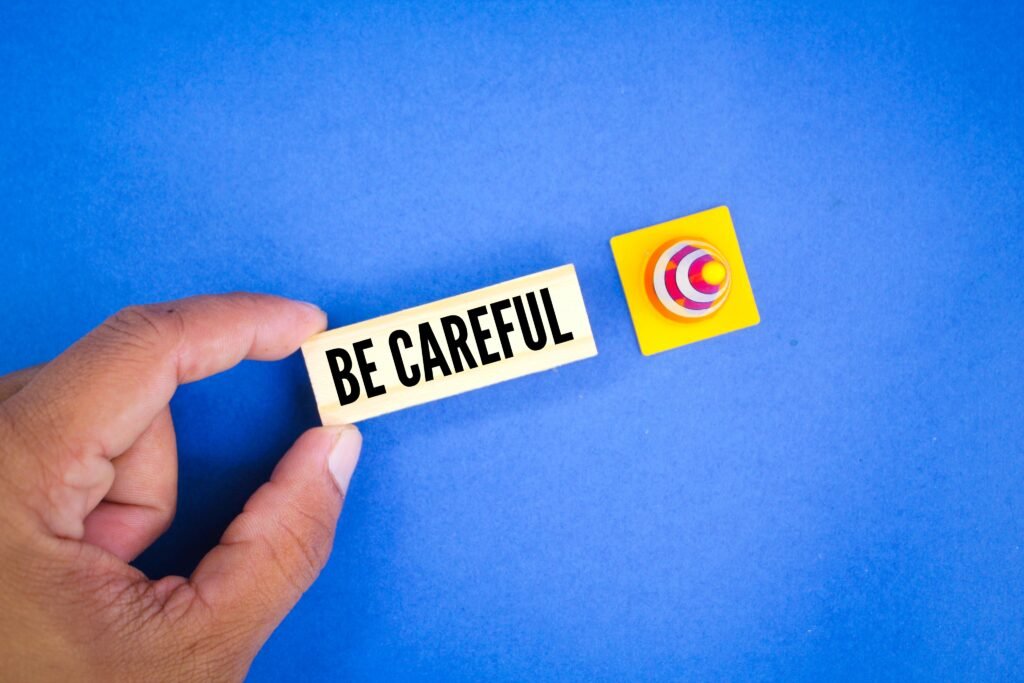In Uganda’s increasingly digital business landscape, more entrepreneurs are waking up to the importance of having an online presence. Whether you run a small boutique in Kampala, a tour company in Jinja, or a farm supply shop in Mbarara, a well-built website is becoming essential for reaching new customers. However, one key question that often goes unanswered is: “How do I ensure my website is secure from hackers and threats?”
The answer is not only critical for your business reputation but also for protecting customer data, avoiding costly downtime, and staying compliant with emerging digital regulations.

If you’re thinking about building a website or already have one, this blog will help you understand why website security is a must, especially in Uganda’s unique business environment, and what steps you need to take to protect your digital investment.
The Rising Threat of Cybersecurity Risks in Uganda
According to the National Information Technology Authority (NITA-U), Uganda has seen a significant increase in reported cyberattacks over the past few years. As more businesses go online, the threat landscape expands. These threats are no longer just targeted at banks or government institutions – even small businesses with simple websites are being targeted.
In fact, attackers often prefer small business websites because they are less likely to have robust security measures. This makes it crucial for Ugandan business owners to take website security seriously from the outset.
What Makes a Website Vulnerable to Hackers?
Understanding the common vulnerabilities can help you protect your site more effectively. Here are a few common reasons why websites become easy targets for cybercriminals:
- Weak Passwords: Using simple or default login credentials.
- Outdated Software: Websites built with outdated content management systems (like WordPress), plugins, or themes.
- Lack of SSL Encryption: Websites without HTTPS can be easily intercepted.
- Unsecured Hosting Services: Choosing the wrong hosting provider can leave your site exposed.
- Poor Website Design and Development Practices: When a site is poorly coded, it becomes a breeding ground for vulnerabilities.
Why Website Security Matters to Your Customers
Let’s say you’re running a retail shop and you start selling online. If your customers feel that your website is not secure, they’ll hesitate to enter their contact information, let alone make a payment. This trust factor is everything.
A secure website protects your brand’s credibility. When customers feel safe using your site, they are more likely to return and refer others. In Uganda’s highly competitive yet growing digital space, trust is a currency you can’t afford to lose.
Top Strategies to Secure Your Website
Now that you understand the risks, let’s explore actionable steps that you, as a business owner, can take to secure your website – even if you’re not tech-savvy.
- Use Strong Passwords and Change Them Regularly
- Encourage your team to avoid common passwords like “123456” or “admin.” Use combinations of letters, numbers, and symbols, and consider using a password manager.
- Choose a Secure Hosting Provider
- Go for hosting services that offer firewalls, malware scanning, and automated backups. This is a critical first step, and often one that gets overlooked in Uganda due to cost concerns.
- Install an SSL Certificate
- SSL (Secure Socket Layer) encrypts the data between your website and your users. Google now flags sites without SSL as “Not Secure,” which can turn away potential clients.
- Keep Your Website Software Updated
- Outdated themes or plugins can be exploited. If your site is built using WordPress or any other CMS, ensure it’s always up to date.
- Regular Backups
- Have a backup strategy in place. This ensures that in case of an attack, your website can be restored quickly with minimal downtime.
- Install Security Plugins
- Plugins like Wordfence (for WordPress users) add an extra layer of protection against threats like brute force attacks and malware.
- Limit Login Attempts
- Restrict the number of times a user can attempt to log in. This helps prevent brute force attacks where hackers try multiple password combinations.
- Monitor Your Site Regularly
- Use monitoring tools that alert you when something suspicious is detected.
How Website Security Aligns with SEO and Digital Marketing

Many Ugandan business owners don’t realize that security impacts how your website performs in search engines. Google prioritizes secure websites (those with HTTPS) and may penalize those flagged for malware. A secure website not only protects your customers but also helps you rank better in search results.
Additionally, website downtime due to security breaches means lost traffic and revenue. If you’re investing in digital marketing campaigns, an insecure site undermines all that effort.
Understanding Website Security as a Long-Term Investment
In Uganda, many businesses operate with lean budgets. It’s understandable to look for ways to minimize expenses. But security is not the area to cut corners.
Think of your website as your virtual storefront. Would you leave your physical shop in Kikuubo open all night without locks? Definitely not. The same principle applies online.
Security isn’t a one-time fix. It requires ongoing attention, updates, and strategy. Businesses that understand this early on tend to thrive longer in the digital space.
Common Myths Ugandan Business Owners Believe About Website Security
- “My business is too small to be targeted.”
- In reality, small websites are easier targets because of weaker defenses.
- “My developer handled everything.”
- Often, once a website is built, it’s left unmonitored. Security needs continuous maintenance.
- “I don’t collect personal information, so I’m safe.”
- Hackers can still use your website to spread malware or turn it into a phishing site.

Why Choosing the Right Web Design Partner Matters
Website security starts from the development phase. Choosing a partner who understands security best practices is essential.
At Webkep, we prioritize building not just visually appealing websites, but also ones that are secure, scalable, and SEO-optimized. Many Ugandan businesses struggle with poorly built sites that fail within a few months due to cheap shortcuts. We focus on long-term value.
Our team stays updated on emerging cyber threats, software vulnerabilities, and compliance needs, so you don’t have to. While we don’t want to push ourselves too hard, we believe that when you’re ready to take the next step, you’ll need a partner who can build a secure foundation for your online journey.
Your Digital Future Starts With a Secure Website
Uganda’s digital economy is growing fast, and businesses that adapt early will have a competitive edge. Whether you’re looking to reach diaspora clients, build brand authority, or simply make it easier for customers to find you, your website plays a critical role.
But remember: a website that is not secure is like a shop with broken locks. It might still look good, but it’s vulnerable to danger.
Before you think about flashy design, think about security. Before you market, make sure your site is protected. And when you’re ready to build a website that serves your business goals safely and effectively, consider working with professionals who understand both the local business landscape and international best practices.
At Webkep, we’re here to guide you every step of the way.
